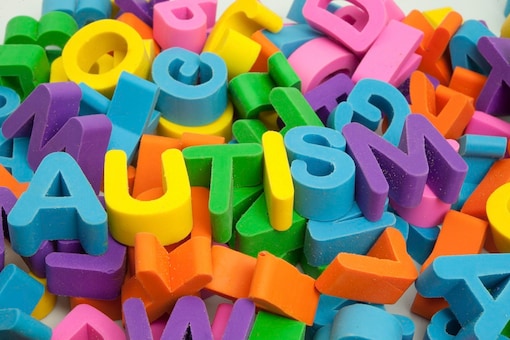WORLD BLOOD DONOR DAY
The Human body is similar to a factory which consists of different components but at the end of the day, they share a common goal, which is to keep it working.
Blood is a very crucial component of the body and if insufficient, the body will experience difficulties functioning, this brings us to the blood donation exercise.
World Blood Donor Day is celebrated every 14th June of the year in a bid to raise global awareness of the need for safe blood and blood products for transfusion.
With the theme “Donating blood is an act of solidarity. Join the effort and save lives, "this year’s celebration looks forward to drawing attention to the roles that voluntary blood donations play in saving lives and enhancing solidarity within communities.
Blood transfusion Occurs when a healthy person voluntarily has blood drawn from their body and injected into somebody else’s.
The event was organized for the first time in 2005, by a joint initiative of the World Health Organization, and the International Federation of Red Cross.
The importance of donating blood is to help patients survive surgeries, cancer treatment, chronic illnesses, and traumatic injuries.
Blood is the most precious gift that anyone can give to another person, therefore, in order to give blood, you are required to undergo a health screening.
Screening involves checking a person’s pulse, blood pressure, hemoglobin levels body temperature, weight, and age factor, diseases such as Hepatitis B, Hepatitis C syphilis, HIV, and Malaria are also tested if present in the blood.
It is very important for a person who is donating blood to undergo such screening so that it can offer an excellent insight into one’s health so as to avoid underlining medical conditions.
Regular blood donation by a sufficient number of healthy people is needed to ensure that blood is always available when needed the most.
Research shows that blood donors enjoy better than average health.
Donating blood is a safe process, but there are effects that arise after a donor donates blood and among them may be continued bleeding, dizziness, nausea, pain, headache, and physical weakness that arise before donating blood.
When you donate blood, you sit or lie on a reclining chair with your arm extended on an armrest. A healthcare provider will place a blood pressure cuff or tourniquet around your upper arm to fill your veins with more blood.
After cleaning the skin on the inside of one of your elbows, the provider will insert a sterile needle attached to a thin plastic tube and blood bag into one of your veins. The needle is kept in your arm for about 10 minutes, or for the duration of your blood donation.
When a needle pricks a vein, there’s always a chance that some bruising will occur around the site where the needle was inserted. For that reason, bruising is common among blood donors. The donation process takes five to ten minutes.
After the whole process of donating blood, the donor is given some snacks to take and required to take some rest as volumes of blood need to be restored within an hour.
Blood donation costs you nothing but it can mean something to someone in need.
BY MARTHA MOKEIRA
Tags: Who World Blood Donor Day Red Cross


